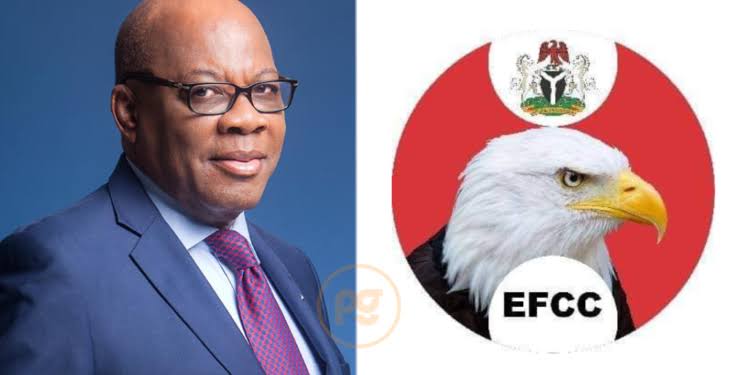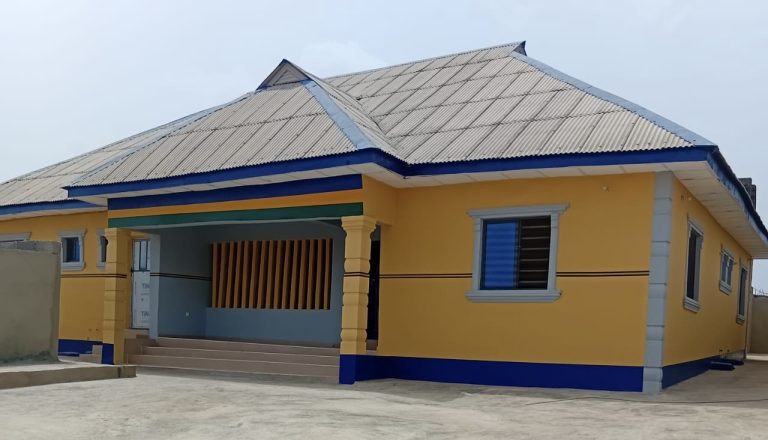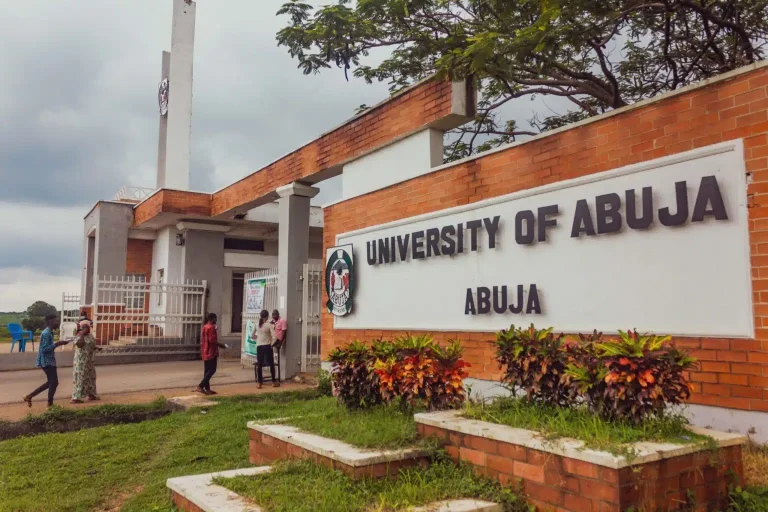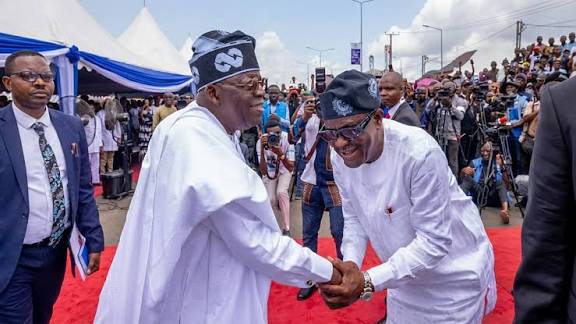
The Senior Advocate, Olisa Agbakoba had earlier written to the National Assembly that the EFCC was an unlawful organization, which he believed was established unconstitutionally.
Speaking on Friday to justify his letter to the lawmakers, Agbakoba said, “The reason I went to the National Assembly is to say to them- you created this institution, so maybe it’s time you reviewed whether what you created is valid.
He argued, “If corruption is a big issue, it’s something we must put on the front burner, so I’m very surprised for instance that corruption appears in section 15 of the constitution under chapter 2, which is non-justiciable.
“So, you can see the paradox, if corruption is to be an important issue, why is it non-justiciable?
“But through mechanisms of interpretation, the Supreme Court has held that the EFCC, in the particular cases filed, could do what they did.
“But as time went on, and in particular the case you referred to…the Supreme Court castigated the EFCC for being an irresponsible organisation going far outside the scope of its authority- becoming the police, becoming the SFU, becoming the MFU, becoming everything. So, that’s what they cannot do,” he said.
He further pointed out that, “The other fallacy that I think needs to be debunked is that the national assembly can exercise power to do anything it likes. No, it can’t.
“The National Assembly’s power is constrained by the exclusive list and the concurrent list.
“So, the big question here is whether the National Assembly can, mainly because it’s the National Assembly, create any monster. It can’t. It’s limited to the powers bestowed on it by the constitution,” Agbakoba said.
He condemned the National Assembly for overreaching its legislative powers under section 4 of the constitution, pointing out that, “The EFCC Act is the fastest legislation ever passed in Nigeria, in two days.
“I suspect very strongly that in the course of passing this legislation so fast, a lot of mistakes were made, and one of the mistakes is that the National Assembly exceeded its authority under section 4 of the constitution which imbues it with legislative powers.
“It exceeded its authorities in several ways. Anyone who reads the Act will think that the EFCC is the Nigerian Police Force because that’s what it does.
“So, the one point that could be made is could we have two police forces when the EFCC describes itself in the Act as a police force.
“But we know that there’s only one police force in Nigeria, and that is the Nigerian Police Force,” Agbakoba stated.
Speaking on the EFCC’s effectiveness in tackling corruption, he said, “The time has come to deal with this issue squarely. We can’t have corruption at the level we have it.
“And by the way, let me be very clear, I have absolutely nothing against some of the very fine gentlemen who have worked in the EFCC for a very long time.”
According to him, “The EFCC to my mind, if you take the huge amount of fraud in the country, if you take the huge amount of corruption in the country, unfortunately, the EFCC has not been effective.
“If we say put aside the constitution and look at what the EFCC has done and say, well, maybe we can give them a pass mark. I’m not going to give them any damn pass marks.
“These guys are terrorists. In my view, they terrorise us. They use their might in their red coat to terrorise us.
“Once you say EFCC, you’re scared, that is not what a law enforcement agency should be, they ought to be better,” he stressed.
He emphasised that “At the end of the day, we need to test institutions, we need to test the validity of the actions of anyone who exercises either legislative or executive authority.”
The EFCC was established by an act of the National Assembly in 2002 and amended in 2004 during the administration of President Olusegun Obasanjo.



